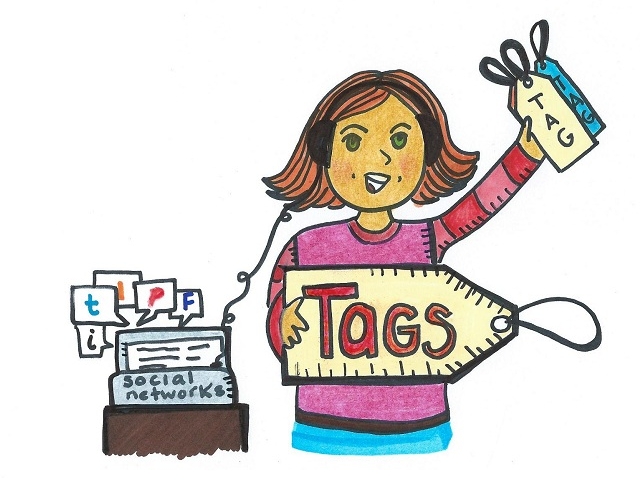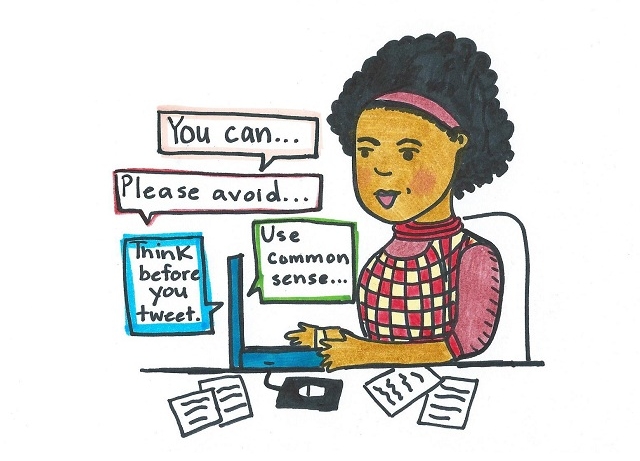When you're driving along a cliff at 100 MPH, it's nice to have guardrails.
As marketers, we're all moving fast. From briefings to conferences to creative reviews and all the rest, we keep a grueling pace. Social media has exacerbated the problem: Now we're expected to launch new programs with breakneck speed and manage consumer engagement with our brands 24/7.
So we're all happy to find ways to work more efficiently, especially if they can help keep us and our brands out of trouble.
Fortunately, the Word of Mouth Marketing Association (WOMMA) recently issued an updated guide to social media disclosure. Read on to learn how the updated guide can help time-starved marketers avoid collisions with the Federal Trade Commission (FTC) and others.











![How to Make Your Social Media Strategy Feel Organic [Infographic]](https://i.marketingprofs.com/assets/images/articles/lg/251118-infographic-lg.jpg)
![How LinkedIn Helps Early-Career Professionals [Infographic]](https://i.marketingprofs.com/assets/images/articles/lg/251030-infographic-lg.jpg)
![LinkedIn Video Ads: 4 Tips for Boosting Engagement [Infographic]](https://i.marketingprofs.com/assets/images/articles/lg/251028-infographic-lg.jpg)

![How Young Professionals Use TikTok When Job-Hunting [Infographic]](https://i.marketingprofs.com/assets/images/articles/lg/251014-infographic-lg.jpg)

![The Most Popular Social Platforms Among Age Groups [Infographic]](https://i.marketingprofs.com/assets/images/articles/lg/251007-infographic-lg.jpg)




![Five Social Media Advertising Trends Shaping the Future [Infographic]](https://i.marketingprofs.com/assets/images/articles/lg/250826-infographic-lg.jpg)
![A Social Media Visibility Checklist for B2B Brands [Infographic]](https://i.marketingprofs.com/assets/images/articles/lg/250807-infographic-lg.jpg)

